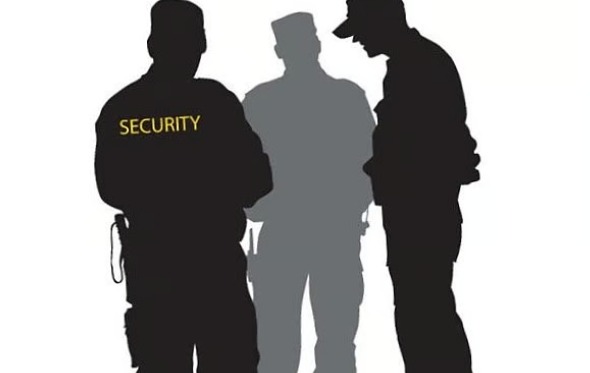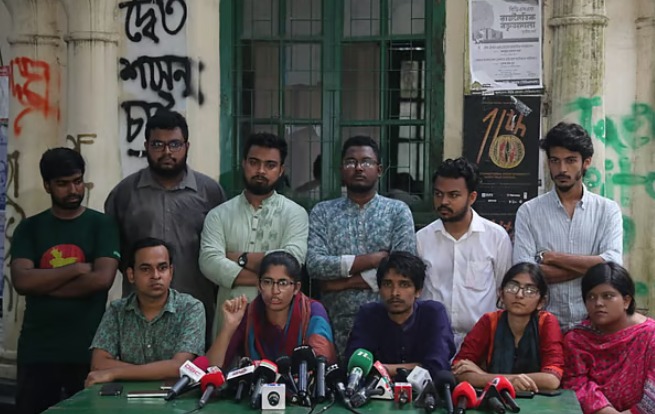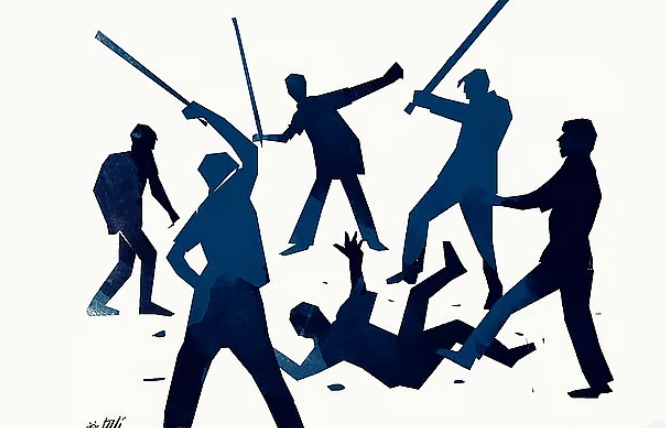Desk Report,
Challenges and prospects of the private security services industry in Bangladesh
Every year, the International Private Security Officers Day is celebrated all over the world on 24 July. It is a symbolic day. In Bangladesh, we also celebrate the day on 24 July. The arrival of private security services or companies in Bangladesh occurred between 1988-1990, when the first few companies started their operations on a small scale. The notable companies of that time were Securex, Atandr and Sure, Shields and some others. The founder of Securex, Group Captain Taher Quddus (Retd.) was the pioneer or father of private security services in Bangladesh. The business took time to gain momentum and develop. However, many more companies, especially in Dhaka, started their operations between 1994-95. After the horrific attack on the World Trade Center in New York in September 2001, the security business took a huge leap in Bangladesh and other places in the world. The threat of particular extremists and extremists was considered with utmost concern and fear at that time.
Challenges and prospects of the private security services industry in Bangladesh
At that time, a large number of private security companies were born to work on a large scale in Bangladesh. The old concept of ‘doorman’ changed overnight; uniformed security personnel started organizing under the banner of companies, most of whom were former high-ranking military and police officers. They turned the business into a professional, well-organized industry.
Legal Framework and Scope
It may be mentioned here that in 2006, the government enacted the Private Security Services Act-2006 to regulate the activities of private security companies, which came as a boon to the industry. Through this ‘Act’, the private security industry became well-known and recognized as an essential service nationwide and complemented the efforts of the regular law enforcement agencies of the country.
To date, there are more than 800 security companies operating across the country. These companies have created employment for more than 1.2 million workers. Our clients include embassies, high commissions, UN agencies, international organizations, NGOs, all types of industries, garments, pharmaceuticals, educational institutions, office or apartment blocks and many more. What are the private security companies doing? We need to find out what they are doing. Every day, billions of taka are transferred or transported through their cash-carrying vehicles. More than 20,000 ATM operations in the country will cease if security companies stop operating.
In the past few years, private security companies have expanded and diversified their scope of activities. These include investigation services, executive or close protection services, due diligence, emergency evacuations, operations in critical or remote areas, event security, dispute resolution; logistical support, electronic security, maritime security, dog squad support (K-Nine) and other miscellaneous services. We have also provided death claim investigation and medical/hospitalization certificates for several insurance companies.
Weaknesses and lack of recognition
In Bangladesh, security companies need very active help and support from the government to become stronger. There are almost no resources to provide good training to our personnel. As you have seen, more than 1.2 million people engaged in this sector are doing a great job complementing the efforts of regular law enforcement agencies. But unfortunately, our contribution is not well understood or recognized.
Now let us discuss some of the weaknesses and negative aspects of private security services in the context of Bangladesh. We would like to say that despite its huge contribution to the country, society and the common man, private security services are still not very respected socially. The main reason for this is that there is little or no attraction towards this service, because it is generally a very low-paid profession in Bangladesh. A village girl will not want to marry or have a relationship with a security guard. Because, she knows, the ‘boy’ is poor and has no ‘status’ like other uniformed services in the society.
There are big companies, banking conglomerates, big CSR performers in the country, who pay 8 thousand taka per guard as per the Minimum Wage Board (MWB) for 8 hours of monthly employment. This means, more than 60 US dollars for a guard for a whole month. How can you expect minimum good service from this sector with such low remuneration? This is actually a very unfortunate situation. Unfortunately, the security company associations have not been very effective, have not been able to negotiate well with the authorities concerned like the BGMEA and other associations in the country to make any progress.
Brave role in the time of Corona
These poor security workers have been seen as very dedicated like other ‘frontline warriors’ in the Covid-19 situation, but there was no ‘salute-clap’ or incentive for them. Unlike doctors, law enforcers, garment workers and countless other categories of workers, security guards have been truly neglected. What to say about incentives, we have not even been able to provide our guards with sufficient PPE, masks, gloves, etc. because it is impossible to bear the cost of issuing them continuously or repeatedly. The life of these guards has become very difficult due to restrictions and lack of public transport.
Despite mentioning the positive aspects at the beginning of the description and the negative aspects at the end, private security services have survived as a business. In the developed world, it is a big business. Revenue-profit, all in all, is sufficient.




